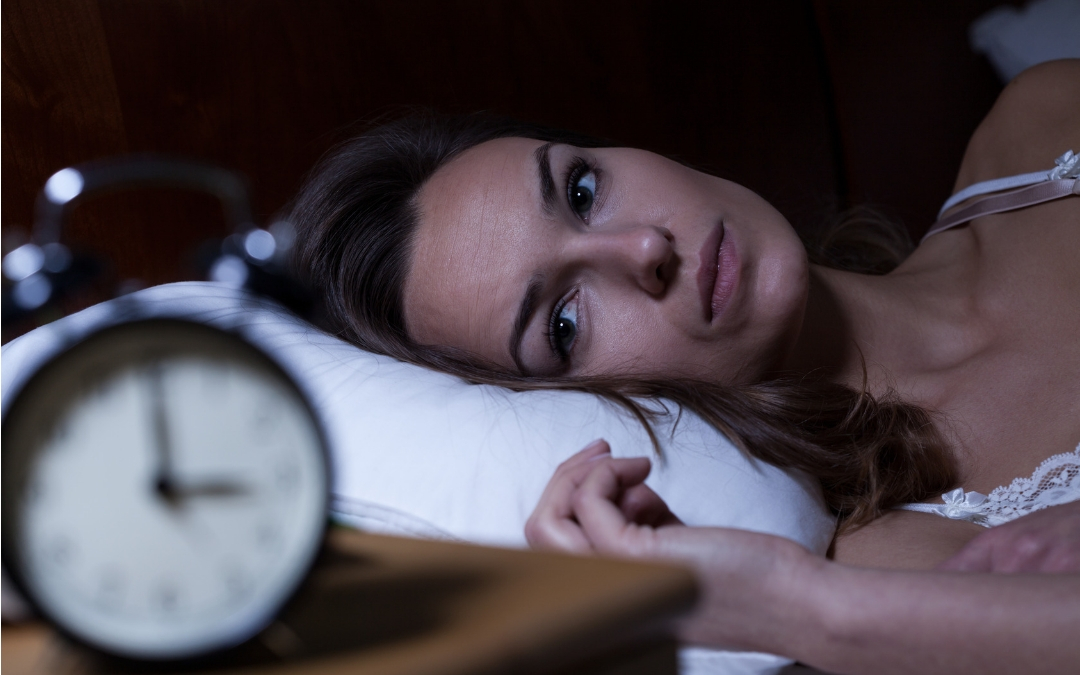Insomnia Struggles? Here’s How to Fix It
Insomnia Struggles – Your Brain Controls Sleep—Even When You’re Awake
Insomnia Struggles is when your body is tired, but your mind is still active. Sleep is not a luxury—it’s essential. Your brain works hard while you rest, performing vital tasks that keep your body and mind functioning properly.
Dr. Caitlin Tynan Doyle, a Professor of Neurology at Columbia University, explains:
“The brain is actually very active during sleep doing important things. It’s not just resting, and if you don’t get sleep, you don’t function on a number of levels the way you should.”
When you skimp on sleep, your brain and body pay the price. Poor sleep affects:
- Mood regulation
- Immune function
- Cellular repair
- Weight management
- Memory and focus
- Hormonal balance
- Energy levels
- Anxiety and depression
Lack of sleep doesn’t just leave you tired—it can throw your entire system out of balance.
Why Do So Many People Have Insomnia Struggles?
For 30% of adults, insomnia is a daily battle. Many people lose sleep due to stress, anxiety, or an overactive mind. Thoughts race, worries take over, and falling asleep feels impossible.
Studies show that 50% of people experience sleep loss due to anxiety. Some even call in sick or struggle to stay awake at work after a restless night. If this sounds familiar, you’re not alone.
But the good news? Sleep patterns can be retrained.
How Sleep Patterns Work in the Brain
Your brain operates in patterns, known as neural maps. These maps shape your thoughts, emotions, and behaviors, including how you experience anxiety and sleep.
When anxiety is the root cause of insomnia, treating the anxiety first can rewire the brain’s sleep pattern.
The Role of Melatonin and Serotonin
- Melatonin rises at night, making you sleepy.
- Serotonin increases in the morning, keeping you alert.
However, stress, irregular routines, or hormonal imbalances can throw off this cycle, making it harder to sleep.
So, how can you reset your brain’s sleep pattern?
Reprogramming Sleep with Hypnotherapy
Your brain created the sleep problem—so it can also create the solution.
Hypnotherapy helps reintroduce healthy sleep patterns by guiding the brain into the Delta brain wave state, which is linked to deep sleep.
Understanding Brain Waves and Sleep
There are five types of brain waves:
- Gamma & Beta – High activity (alertness, learning)
- Alpha & Theta – Relaxed, creative states
- Delta – Deep sleep and restoration
Through hypnotherapy, the brain learns to move into Delta more easily, allowing normal sleep cycles to return.
How Hypnotherapy Can Help You Sleep Better
I work with both men and women every week to help retrain their sleep patterns. Interestingly, women are twice as likely as men to experience insomnia, struggling to fall and stay asleep.
During sessions, I create a personalized ‘Sleep Protocol’—a series of triggers that signal your brain to enter deep sleep.
As part of the consultation, I also provide a customized sleep recording for your phone. Many patients continue using it for years, especially after late nights, to help them fall asleep quickly.
Ready for Better Sleep?
Your brain is always working—awake or asleep. If it created a disrupted sleep pattern, it can also be trained to restore balance.
Every pattern can be changed. Read this If you’re ready for a change in your life? You can read this Brain Fog Treatment for a clear mind and start the change!
CLICK HERE and book your session with me!




